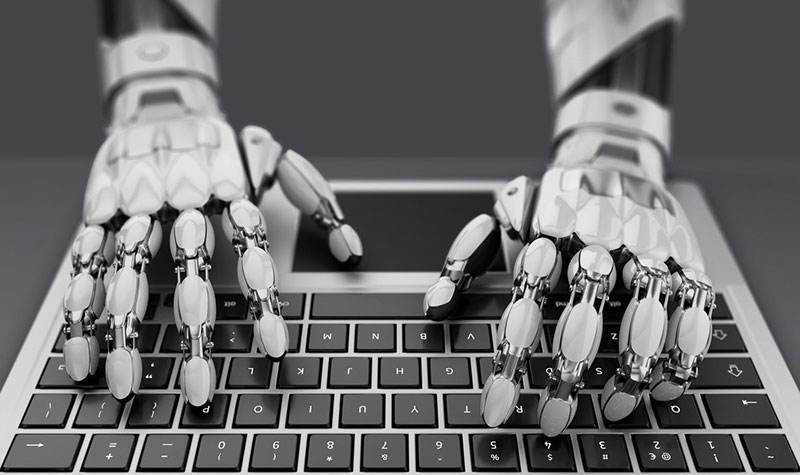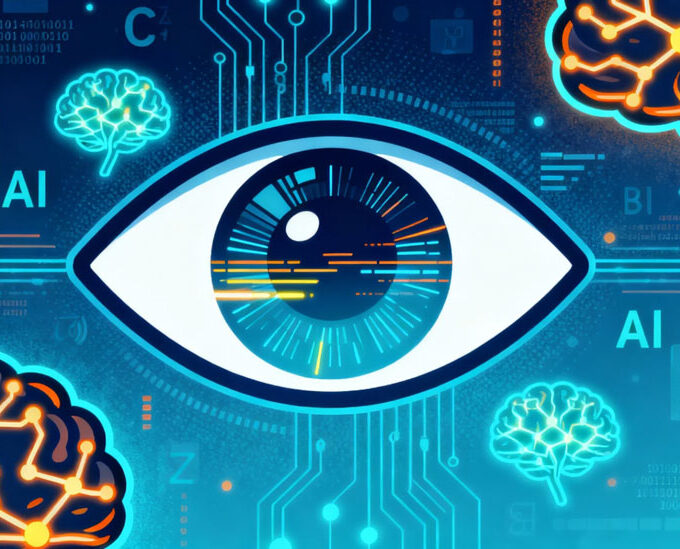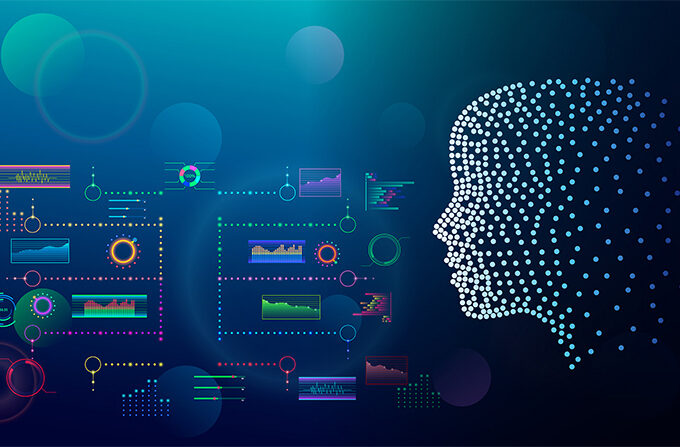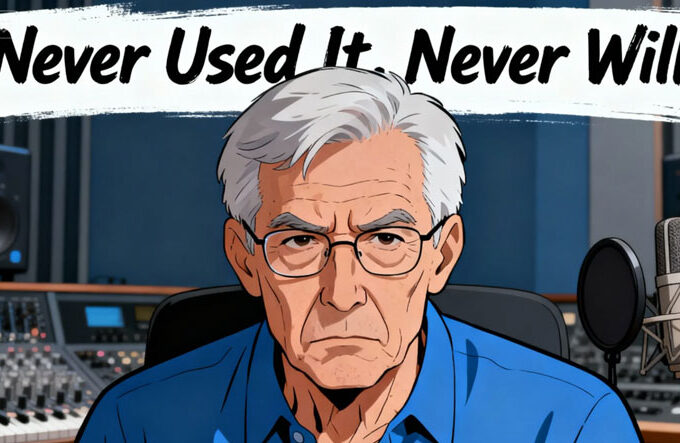Recently, the novel “Sympathy Tower Tokyo” by Japanese author Kudan Rie won the Akutagawa Prize. In an interview, Kudan Rie revealed that approximately 5% of the novel’s content directly quotes ChatGPT text, reigniting discussions on the boundaries of AI in creative writing.
Since the introduction of ChatGPT, the question of “accepting AI-created content or involving AI in the creative process” has been a constant focus in the industry. As early as February 2023, there were reports that the U.S. science fiction magazine “Clark’s World” temporarily suspended short story submissions after receiving numerous articles suspected of using ChatGPT and other AI for writing. Subsequently, a prominent domestic science fiction magazine, “Science Fiction World,” announced its refusal to accept ChatGPT submissions, setting a trend for the direction of science fiction creation.
However, ChatGPT’s involvement in creative processes has not faded away.
In September 2023, foreign author Sean Michaels collaborated with ChatGPT on the novel “Do You Remember Your Birth?” and publicly shared the creative process. Michaels expressed his desire to explore two questions: “What should humans do when AI becomes highly useful? How should we respond to its proficiency in language algorithm functions?”
Simultaneously, on social media platforms, numerous users posted about using ChatGPT to write academic papers, with one user stating, “Since ChatGPT came out, my ‘bricklaying workload’ has decreased significantly, and content creation has become a ‘production line,’ significantly improving efficiency.”
Amidst the shift from widespread resistance to gradual acceptance, a trend towards the popularization of ChatGPT seems evident, raising the question: Is collaborative creation between humans and ChatGPT the new trend of the era?
ChatGPT, A Revolutionary Tool
From the two industrial revolutions in the late 18th and early 20th centuries to today’s digital economy, every major transformation in the human world has been accompanied by significant technological breakthroughs. At the end of 2022, ChatGPT emerged, igniting a new era of artificial intelligence revolution. With attention from the public and support from capital, large AI models like ChatGPT began infiltrating various industries, rapidly reshaping competitive landscapes.
The content industry is considered one of the sectors most profoundly affected by ChatGPT. “ChatGPT’s core is a natural language processing (NLP) system of artificial intelligence. The natural language interaction capability it presents is essentially the ‘next-generation operating system of artificial intelligence,'” noted Tong Zhilei, Chairman, and CEO of Chinese Online Group, at the 12th China Digital Publishing Expo in February 2023.

ChatGPT’s ability to learn and understand human language has brought infinite possibilities to the development of IP-related businesses in fields such as comics, animations, and videos. It has become a lever for driving the transformation of the content industry. In response to this situation, major global internet technology companies have actively entered the scene, deeply integrating artificial intelligence, represented by ChatGPT, with content creation ecosystems. For example, in July of the previous year, Yuewen Group released the first domestic web novel large model, aiding authors in generating character settings and scene descriptions. In November, Amazon launched the AI chatbot Q to help employees simplify summarizing documents, conducting research, and generating email drafts. Just last week, Microsoft also introduced the personal version of Office AI Copilot, similar to OpenAI’s ChatGPT subscription.
As more “players” enter the ChatGPT arena, the barrier to entry for artificial intelligence gradually lowers. The advancing tide of AI is silently changing the way we live and work, bringing new opportunities and challenges.
Empowering Tool or Trap of Dethronement
“Optimism” and “apprehension” vividly reflect people’s attitudes toward ChatGPT.
Some view ChatGPT as an “empowering” tool to enhance human productivity. Over the past year, numerous offline and online discussions and forums focusing on AI and industrial transformation have enumerated various potentials of ChatGPT. For instance, creating content based on massive data for text, images, and videos, freeing human hands; assisting the external brains of humans, helping doctors prescribe targeted medications; intervening in industries such as industrial and agricultural fields, addressing distribution issues plaguing logistics and warehousing…
Others perceive ChatGPT as the “Sword of Damocles” hanging over humanity. “The emergence of ChatGPT implies an ‘ultimate question,’ that is, whether it is a tool of ’empowerment’ for humanity or a trap for humanity’s self-‘dethronement’? The contemplation and answer to this ‘ultimate question’ concern the fate of human civilization,” said Professor Wang Xingfu from Fudan University’s School of Philosophy. Such inquiries are not groundless apprehensions. Although it is too early for ChatGPT to replace humans, the birth of this technology has triggered a series of potential crises, such as creating information gaps in the human world, introducing new forms of infringement and crime, subtly influencing human subjectivity, and more.
One of the most significant issues is copyright disputes. In 2023, ChatGPT company OpenAI frequently faced legal action due to this, with two writers suing OpenAI in July for using copyrighted works to “train” its AI chatbot. In September, 17 authors, including the original author of “Game of Thrones,” George R. R. Martin, accused OpenAI of “plagiarism.” In December, The New York Times filed a lawsuit against OpenAI and Microsoft, accusing both companies of using millions of articles from the media without authorization to train ChatGPT and other artificial intelligence (AI) chatbots, demanding they cease using the content to train AI models and destroy the training data.
The potential crises caused by excessive reliance on ChatGPT are also noteworthy, particularly in the field of literary creation. On the surface, ChatGPT can rapidly generate text content with diverse styles based on massive databases, responding to user demands. However, the current technological level determines that ChatGPT lacks genuine analytical, understanding, and judgment capabilities. The written articles are often “copying the form without understanding the essence.” If creators abandon critical thinking and frequently use ChatGPT to output content, it will inevitably bring about a large amount of homogeneous “textual garbage,” submerging literary creation with human emotions and, inadvertently, increasing the readers’ cost of choice.
How to Prevent AI from Becoming the Terminator of Literature?
Returning to the initial topic, is using AI for creative writing a trend of the times? The answer is affirmative.
In the 1970s, when the Internet was born, humans never imagined it would so deeply integrate into our lives. However, that’s precisely what happened. In the subsequent decades, it fundamentally changed how we acquire and use information, shifting a considerable amount of work online, and fragmentized reading evolved into the primary way humans read. However, literature has not declined due to this; instead, it has entered the view of more people, affecting a broader audience with the help of new technologies.
Simultaneously, the widespread popularity of short videos has not caused people to lose their pursuit of literature. While adopting new reading methods, people have also started to rediscover physical books, searching for thoughts and emotions that resonate with them in books. These are the two most precious things for humans, treasures that machines cannot replace.
Therefore, the development of literature and technological progress are not contradictory. ChatGPT, which creates content based on massive data, may ultimately evolve into a tool that assists creation similar to a search engine. People can use it to explore associations between information, broaden their writing ideas, but cannot use it to replace themselves in achieving the creative results they desire. From this perspective, creators can only stand on their own, maintain human subjectivity, and keep curiosity and questioning about human emotions to avoid being replaced by AI. From another perspective, what AI might eliminate is not genuine literary works but organic combinations of characters. Although such text “products” may stimulate people’s curiosity in the short term, in the long run, they are bound to be eliminated by the times.













Leave a comment